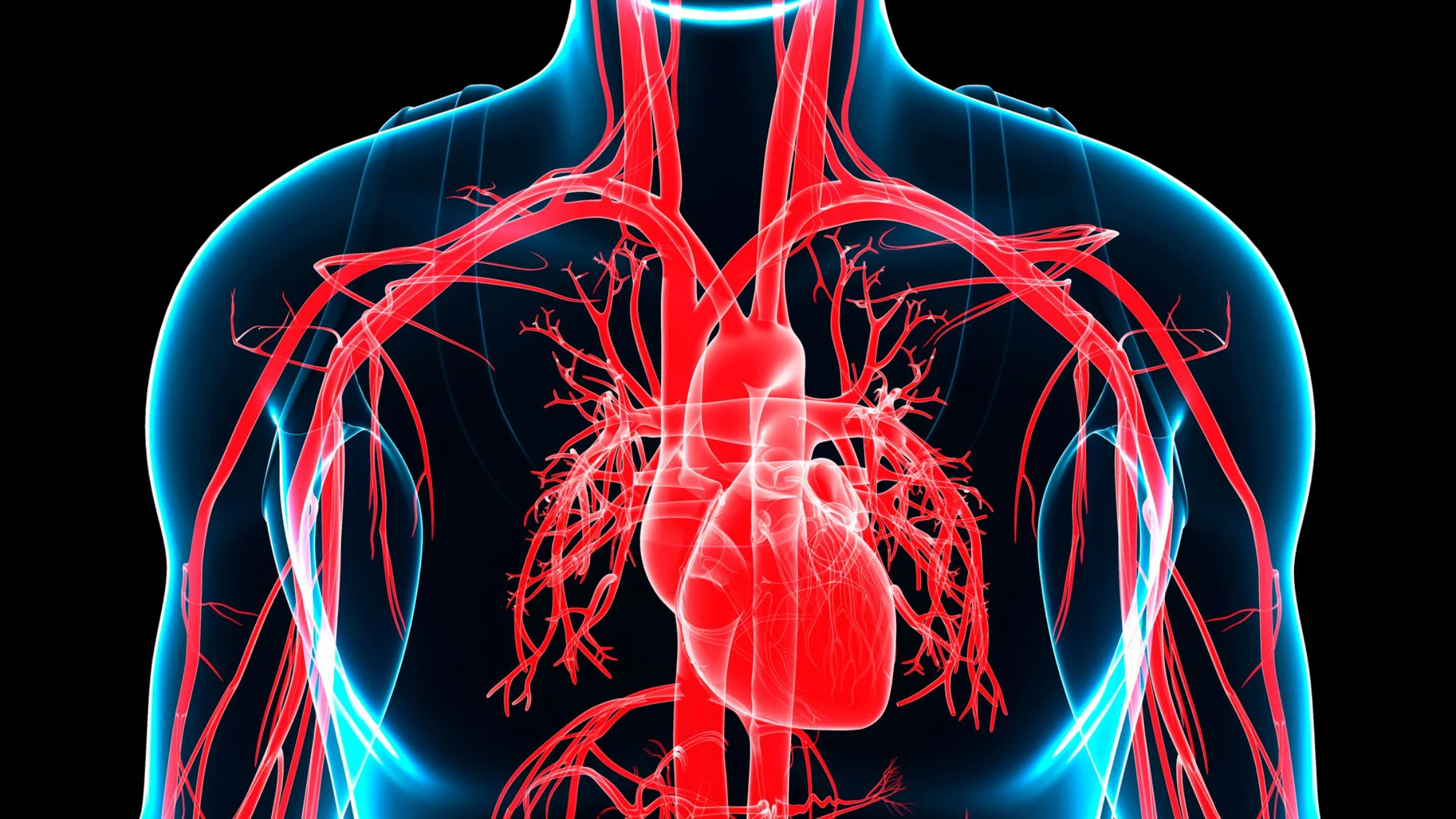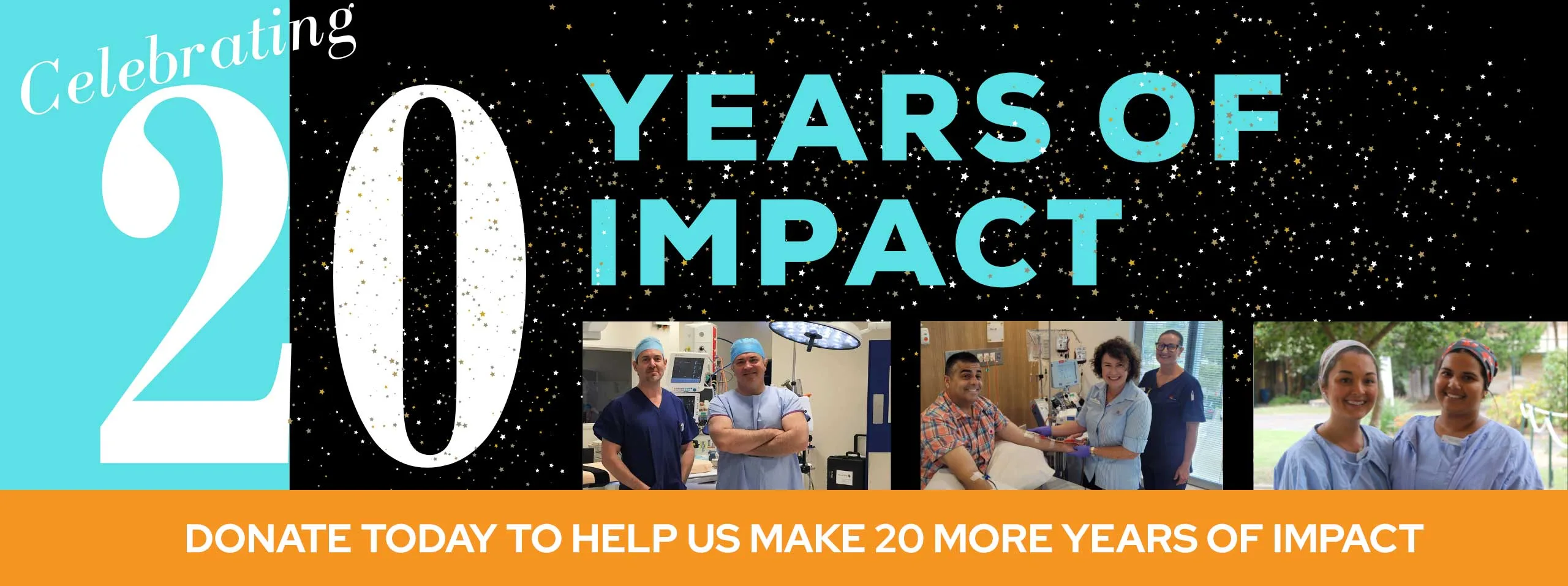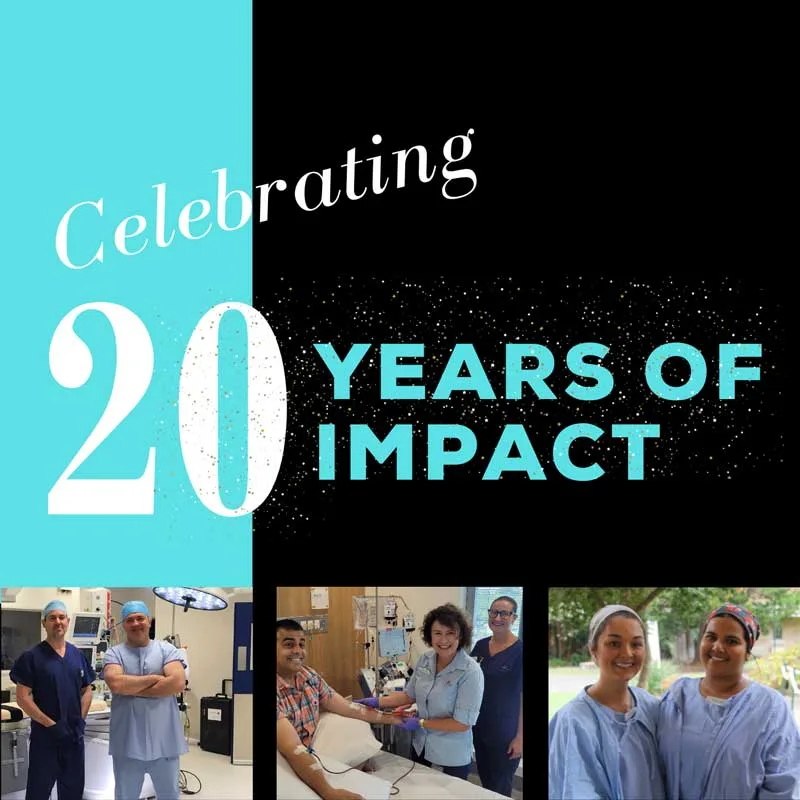Our Impact - Vascular
OUR IMPACT
Vascular
Dr Nasir Shah – Creating in vitro models using printed vessels
In Australia, about 10% of adults have chronic kidney disease, and around 15,000 people need dialysis treatment. Dialysis is a crucial treatment that requires a connection to the bloodstream, which is typically created surgically by joining an artery and a vein, called a dialysis fistula. Sadly, half of these dialysis fistulas don’t work well enough to support patients properly and little is known about the reasons why. Dr. Nasir Shah, with the help of our Annual Grants, has come up with a clever solution. He’s created a 3D model that mimics patient dialysis fistulas. This model can simulate how the cells lining blood vessels behave and respond to real flow of blood. This research is crucial as we currently don’t have much information on why dialysis fistulas fail. The knowledge gained from this study could potentially help other areas of research related to how blood flows in the human body.
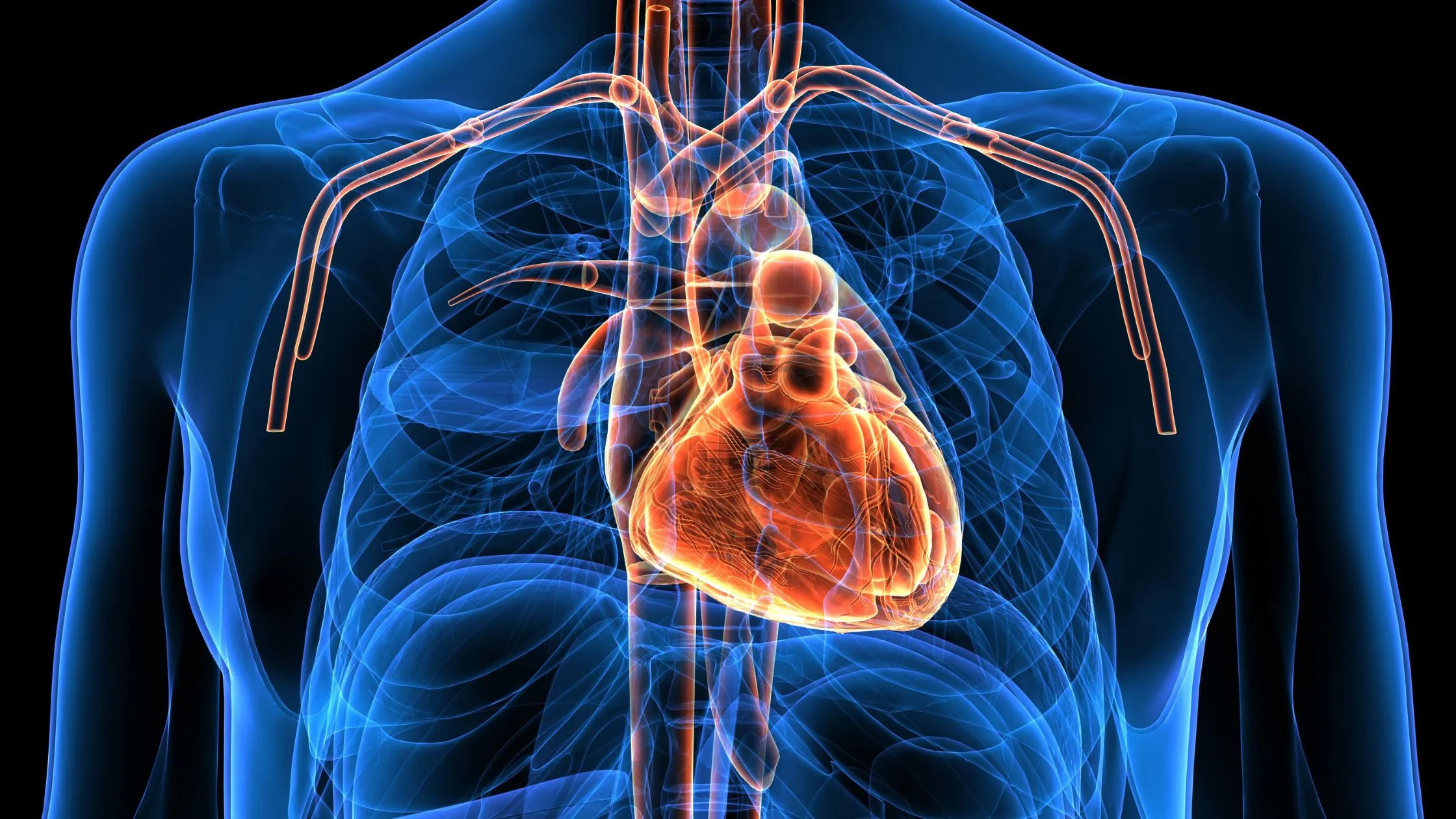
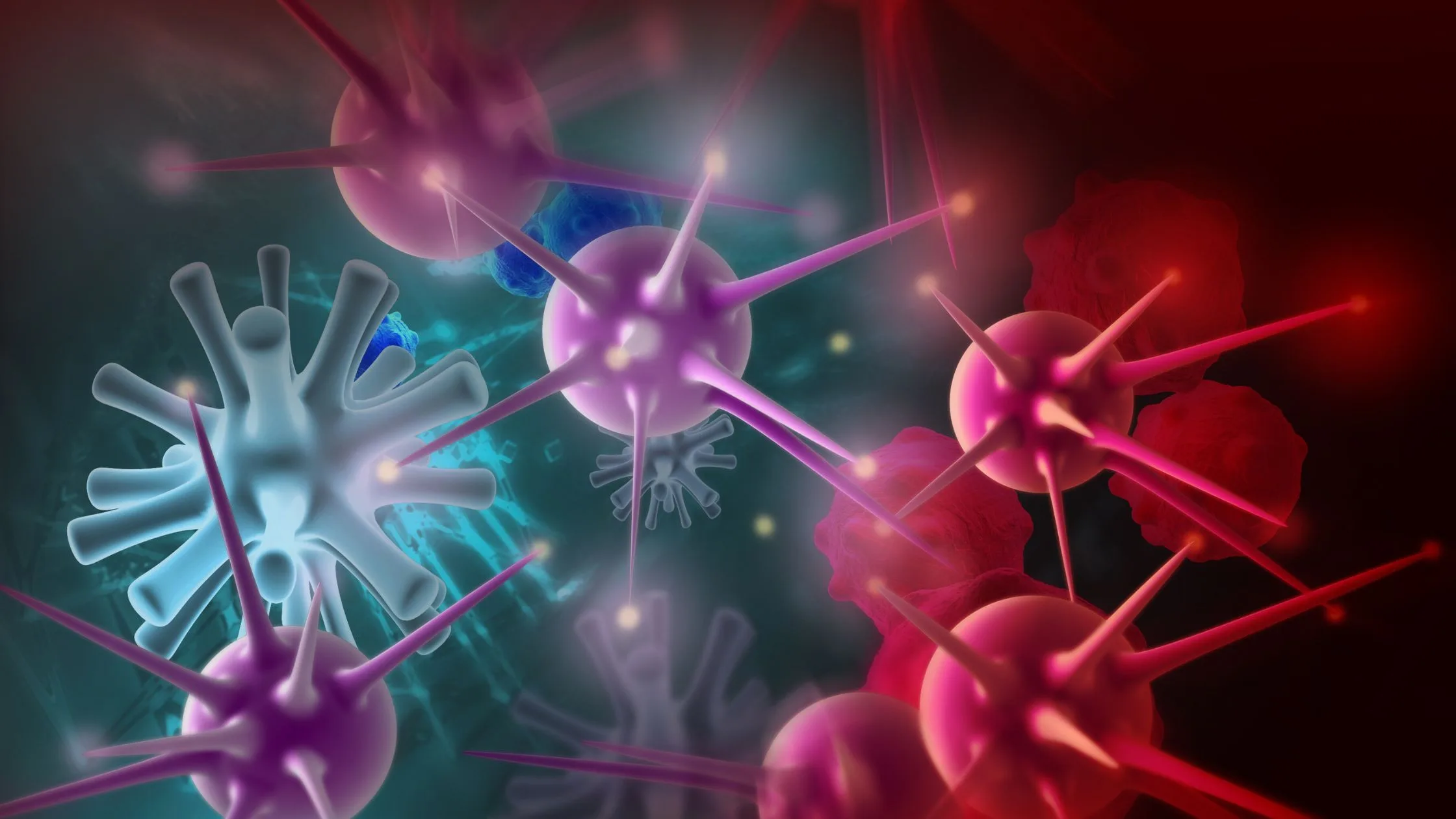
Seed Funding for Vasculitis Research
Vasculitis is a family of inflammatory diseases in which the immune system attacks blood vessels. In some cases, Vasculitis can cause a stroke, heart attack or kidney failure as it can affect any part of the body including skin, kidney, nerves, eyes, heart, lung and the gut. Dr Anthony Sammel’s Vasculitis multidisciplinary clinical research is an essential approach to this broad family of diseases. With funding from us, Dr Anthony Sammel, Rheumatologist and Vasculitis Specialist at Prince of Wales Hospital and his team have developed a vasculitis patient database as a crucial framework for further research. Our grant also funded additional PET/CET scans for patients with large vasculitis to monitor the persistence of vascular activity which improved the understanding of the disease and guided long term treatment decisions and led to better patient outcomes.
Hybrid Operating Room for Vascular Surgery
We funded a hybrid operating suite which is a surgical theatre equipped with advanced medical imaging devices such as fixed C-Arms, CT scanners or MRI scanners delivering a one stop for diagnosis and treatment. The Hybrid Operating Suite allows patients to have their scanning and diagnostic work done and then in the same area surgeons can go straight to surgery and non-invasive treatment saving time and improving patient convenience.
